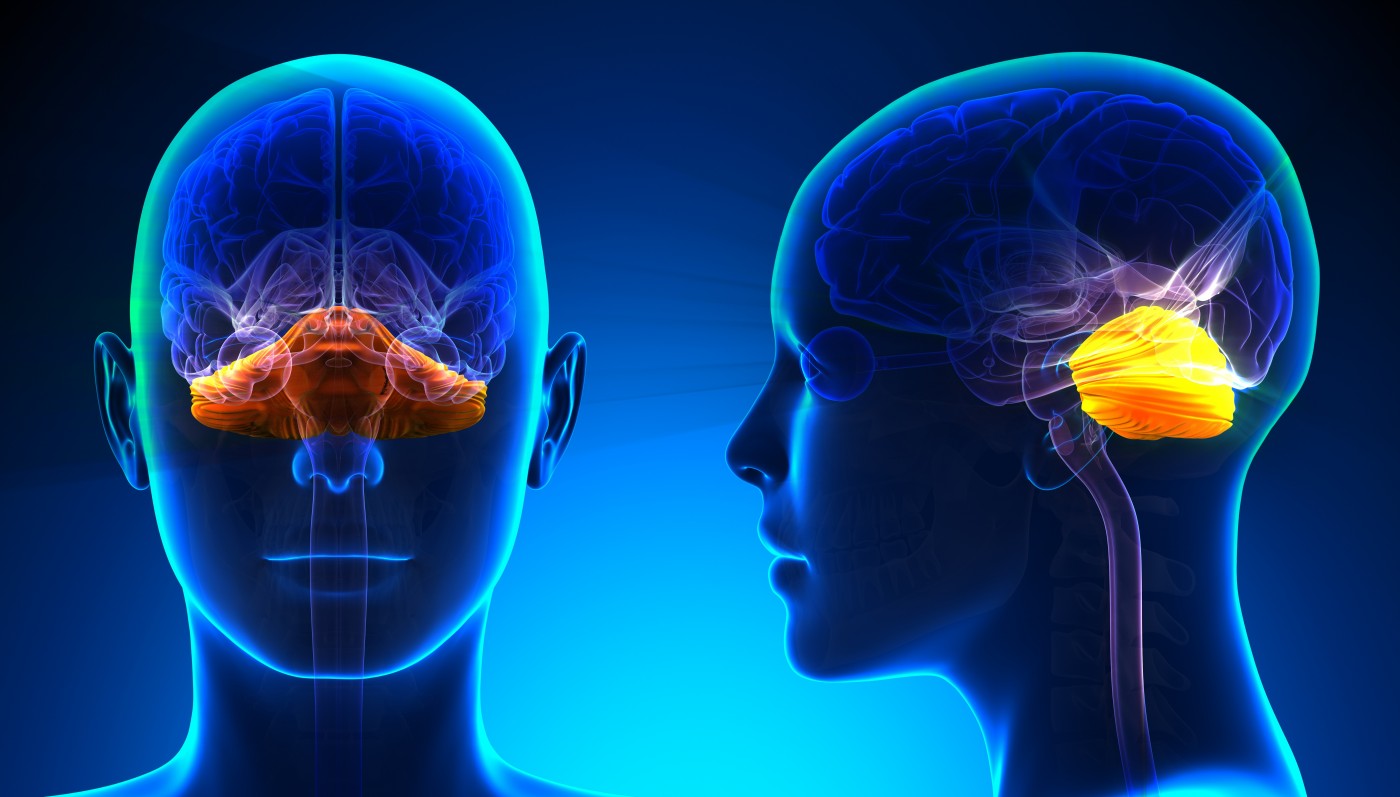Mitochondrial Defects Seen in Quarter of Progressive Cerebellar Ataxia Patients

Cerebellar ataxia could be caused by problems with the mitochondria in about a quarter of all people with the disease, according to a new study. Researchers from Newcastle University and the Royal Hallamshire Hospital of Sheffield in the United Kingdom used muscle biopsies to identify mitochondrial mutations as a cause of the ataxia. The research report, titled “Mitochondrial pathology in progressive cerebellar ataxia“ appeared on Dec, 4, 2015, in the journal Cerebellum and Ataxias.
Mitochondria are a cell’s power supply, generating energy in the form of adenosine triphosphate (ATP). When mitochondria do not function properly, diseases characterized by weakness, such as cerebellar ataxia, can develop. The disease damages the cerebellum, which controls coordination and smooth movement.
The research team, led by David Bargiela of the Academic Department of Neurosciences at Royal Hallamshire, wanted to understand how often mitochondria genetic mutations are linked to progressive cerebellar ataxia. Researchers reviewed two sets of patients with unexplained progressive cerebellar ataxia who underwent a muscle biopsy between 2004 and 2014 at the Sheffield and Newcastle Ataxia Centers. Cellular analysis (histology) or genetic analysis were used to identify mitochondrial disease. A total of 126 patients with cerebellar ataxia were included in the study; and of these, 24 had a pure form of ataxia, while 102 had ataxia in addition to other medical problems.
Overall, the researchers found that 29 of the 126 patients evaluated had diseased mitochondria, based either on genetic testing or the appearance of the cells. In their report, the investigators noted, “A large proportion of patients (23%) with progressive ataxia who underwent muscle biopsy were found to have features of mitochondrial dysfunction, with molecular confirmation in some. Muscle biopsy is a helpful diagnostic tool for mitochondrial disease in patients with progressive ataxia.”
The study suggests that clinicians can potentially diagnose cerebellar ataxia characterized by mitochondrial problems through a muscle biopsy. The findings also seem to point toward protecting the mitochondria as a strategy for preventing or treating cerebellar ataxia.
However, the study authors noted that other symptoms can also indicate mitochondrial disease, helping to confirm the diagnosis. Specifically, “additional features such as deafness, impaired glycaemic control/diabetes, myoclonus, neuropathy or spastic paraparesis are more likely to be seen in the context of mitochondrial disease,” they concluded.






